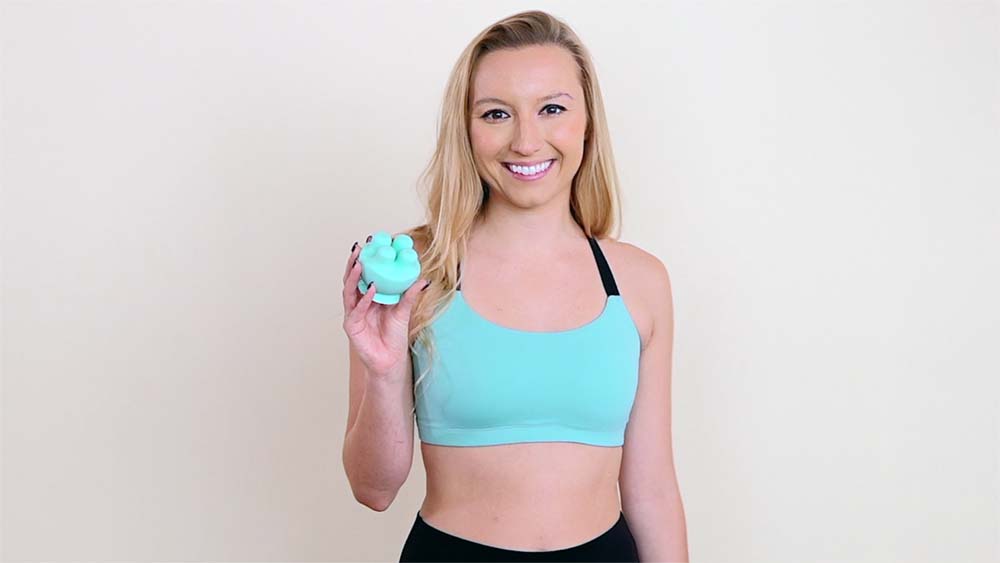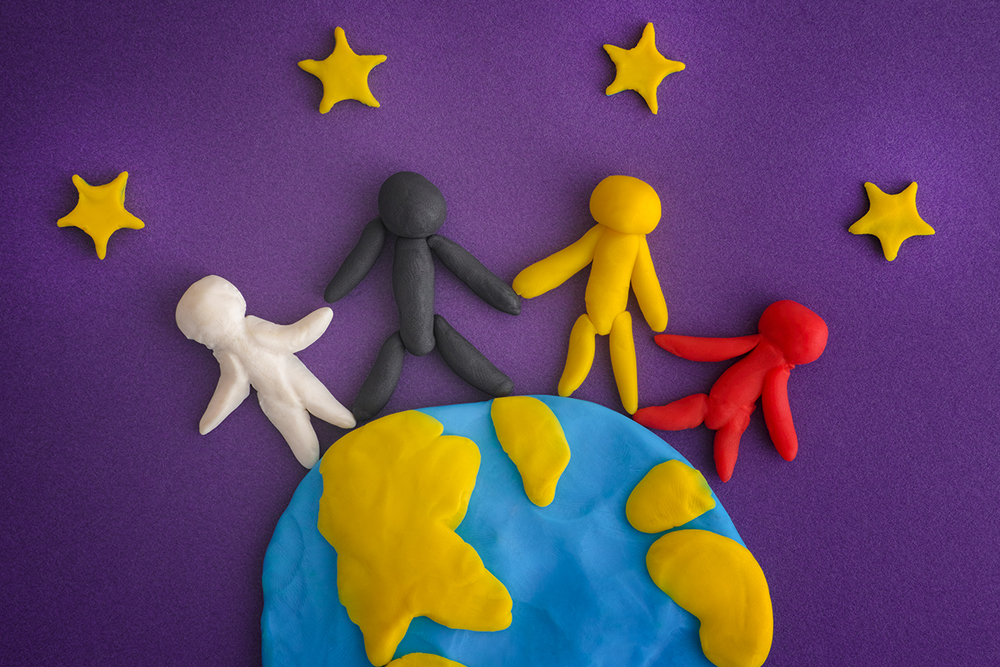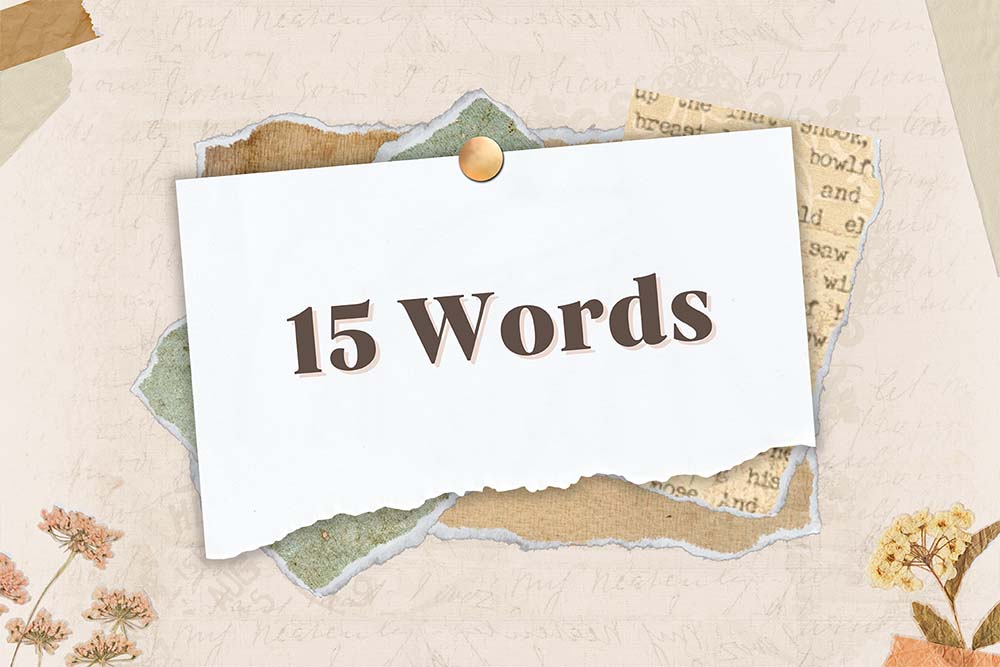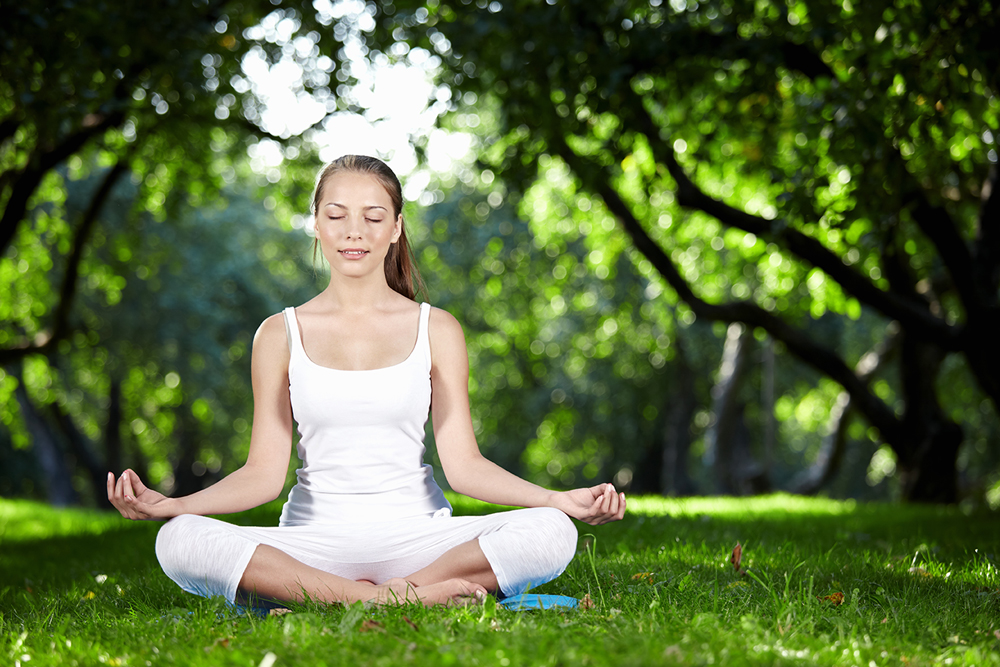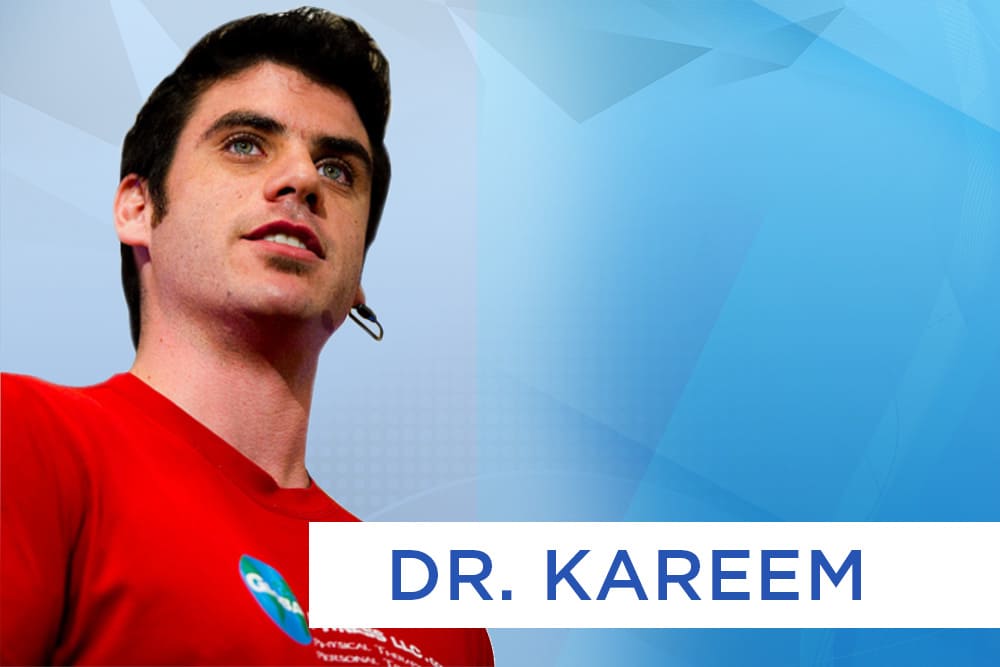Sometimes, it’s hard to control urges.
That’s normal, and there’s nothing wrong with you. In fact, the same pattern your brain uses for addiction, cyclical behavior, or desires is what allows you to master movement, language, habitually love, and create positive impact with your life.
You see, it’s about understanding how these ‘circuits’ in your brain work, and how to get out of negative cycles and into positive ones.
For example, let’s talk about the following urges you might experience:
- Money
- Love
- Materialism (new car, boat, clothes, jewelry, etc.)
- Sex
- Alcohol or recreational drugs
- Medication
- Security
Each urge for more, when put into perspective, can be normal and ‘relatively’ healthy. The issue isn’t controlling these urges so you don’t have them, but rather establishing boundaries so you can experience your own version of an ideal life.
Let’s take a deeper look:

Money
I’ve never met someone who is filthy rich and totally happy, unless money wasn’t their goal, but rather the byproduct of passion or mission.

Love
Seeking love is not the best way to find it; being loving is. Love attracts love, so if you become “obsessed” with being loving, you will experience more love, and your life will be richer. On the other hand, if you become obsessed with finding someone to love you, your life will always feel half — or fully — empty.

Materialism
The concern here is comparing yourself to others. There will always be someone who has more money, a prettier outfit, or something you could imagine yourself enjoying if you owned it. However, most people who have tons of belongings agree: over time, materialistic things own you, rather than you owning them. Just ask someone who owns an airplane, services it all the time, and doesn’t have enough time to fly… or someone with a fancy, red car that gets pulled over and gets tickets all the time, or another person who might own an expensive boat and constantly has to pay for repairs. It’s easy to get caught up with what you don’t have, but when you focus on what matters in life — and what you do have — your life almost instantly transforms into your dreamworld.

Sex
Sex usually isn’t about sex. It’s about self-image, power, desire to be loved, an emptiness that feels better with intimacy, or shared experience. When you begin having sex for the sole purpose of making love, you will be taming insatiable desires and building a bond, instead. The connection you’ll build to intimacy is addictive, and you’ll soon realize there are many other ways to be intimate, allowing each into rotation instead of always defaulting to sex. Love is a positive behavior, a choice, and a productive addiction.

Alcohol or recreational drugs
Personally, I don’t believe either of these are ‘evil’. In my lifetime, I’ve seen many examples of people who drink or do drugs and are perfectly functional members of society, successful, happy, and loving; I’ve also seen the opposite. The main difference seems to be someone who chooses to infrequently drink or do drugs in a ritual-like format, building love and friendship through their choices — and within the boundaries of control — vs someone who uses alcohol or recreational drugs for a means to escape or cope. If you’ve had a bad day and feel like having a drink, now’s the time to hold back. Replace that desire with something that brings you peace of mind, like meditation, gratitude, a walk in the woods, eating some fruit and veggies, laughter with a loved one, or doing some exercise. As an important note, I’ve definitely seen friends who became slaves to alcohol and/or drugs, and they end up fighting urges for the rest of their lives to avoid going back. Remember, if you make a choice to consume either, moderation sounds cliche, but it’s really the only way. And if you notice you’re starting to want more often, cut it off before any habit is formed. Personally, I think life is better without alcohol or drugs, and the healthier I become, the less I see relevancy or feel any temptation in any direction.

Medication
Perhaps more addictive than alcohol or recreational drugs, it’s my belief medication is way over-utilized. Pain killers, for example, have their place, but they are a band-aid for what is really causing pain. And with prolonged use, they replace your body’s ability to silence pain on its own. Personally, when I was on pain killers after having surgery, I wanted to cut them off within the first 24 hours, and did. I ended up taking anti-inflammatories, because my body was having a substantial response to invasive surgery, but pain killers distracted my mind from my body, and vice versa. A similar argument can be made for cholesterol and blood pressure lowering medications. While there is a role for someone who would immediately have a heart attack or stroke without treatment, the real issues are epigenetic variables causing cholesterol to stick to arterial walls and blood pressure to climb. Addressing those variables, and creating a time-limit for access may be the best way to help someone get out of the vicious cycle that led to this dis-ease. To be clear, I’m a believer in western medicine, evidence-based science, and treating disease when it’s out of control. There are instances when solving through epigenetics alone is not the answer. In these instances, the pharmaceutical industry can be life-saving, and certainly quality of life-saving. Our goal should be to create an endpoint for any medication we take, and allow our bodies to take over and do the work to get us healthy. Using medication as an aid, rather than a solution, is the future.

Security
I believe it’s unhealthy to over-emphasize financial security when your bills are being paid and food is on the table, to be paranoid someone may break into your home — or take everything from you that you’ve earned — or to be fearful of others in public spaces. In fact, here’s my working understanding of the world: focus leads to reality. So, if you focus on something enough, fear it enough, and try to avoid it enough, it’s bound to happen. Whether your goal is to stay out of jail, avoid bankruptcy, or to be safe, you’re more likely to hit your goal when you focus on the equal and opposite perspective. For example, you might make one of these your mantras:
- I love doing good for others.
- Money is abundant and bills work themselves out so long as I stay on course.
- This world is filled with greatness, and I am surrounded by loving, compassionate people.
Now, let’s say you ‘are’ addicted to something and you’re having a hard time breaking the pattern of behavior. Instead of trying to ‘eliminate’ it, consider ‘replacing’ it. Spirituality is probably the most powerful replacement to any addictive behavior, because it helps you understand your role and establish a higher level of self-worth; no matter what trauma has taken place and what ‘void’ exists in your life. It validates you are equal, deserving, and offers you a second chance. Spirituality helps you center on your role on Earth, how you fit in, and how your behavior affects everything around you, from plants to animals to trees. There is an organization called: Red Road To Wellness Retreat Center in the Ozark Mountains, Missouri, that uses Earth Medicine — or spirituality with origins from Native Americans based upon thousands of years of tradition — to cure addiction. I’ve witnessed remarkable results for those who have chosen this option, and their success rate is uncanny.
Often times, when spirituality is combined with epigenetics, the result is favorable. By learning how you fit in, how to love what’s around you, and how to love yourself, you are on a path of self-improvement and recovery.
And, if you don’t ‘think’ you’re addicted to something, check again. You might find yourself in a cycle of checking email, hitting refresh on Facebook, addicted to your schedule or routine, or in a pattern of behavior pushing love away. Whatever your ‘cycle of behavior’ might be.
Please consider this advice:
- Love yourself
- Love your surroundings
- Love your role on Earth
There’s always time for a second chance, because ‘now’ is the only real moment.
I’m so grateful for you,

 Money
Money Love
Love Materialism
Materialism Sex
Sex Alcohol or recreational drugs
Alcohol or recreational drugs Medication
Medication Security
Security


